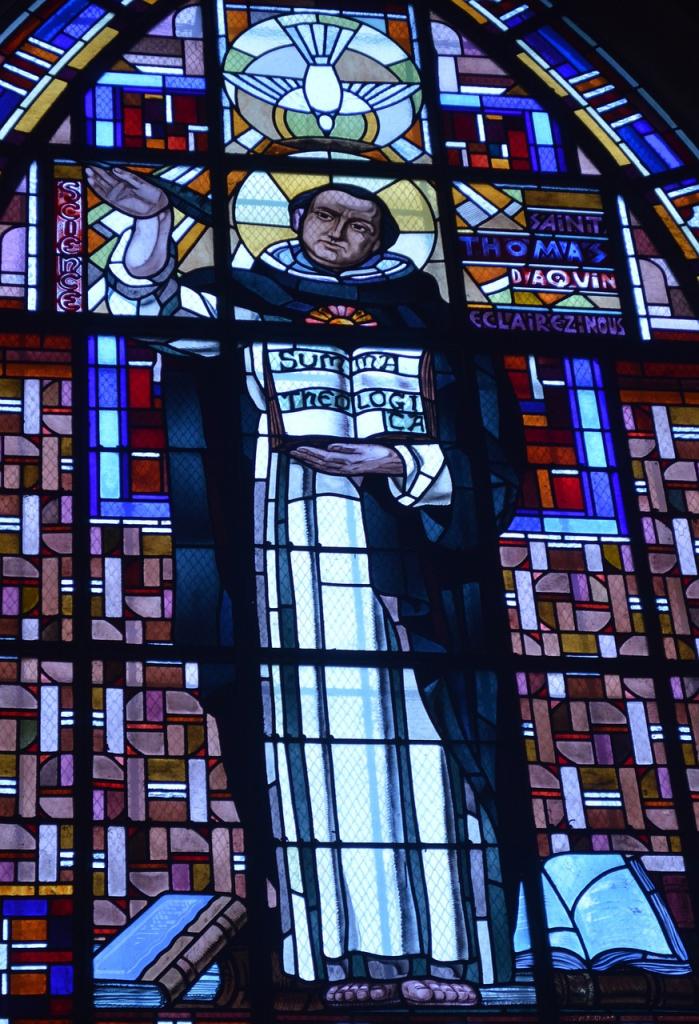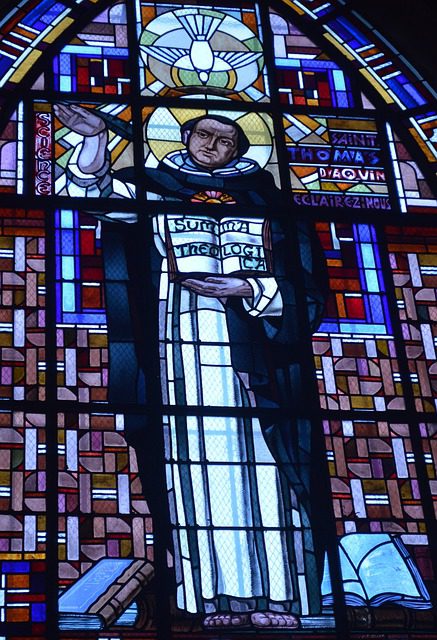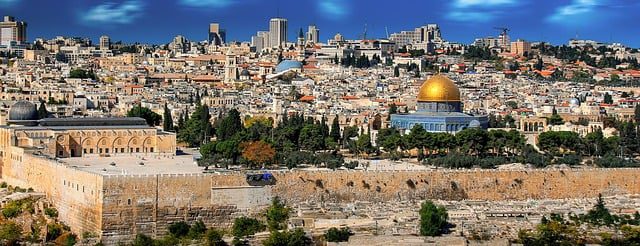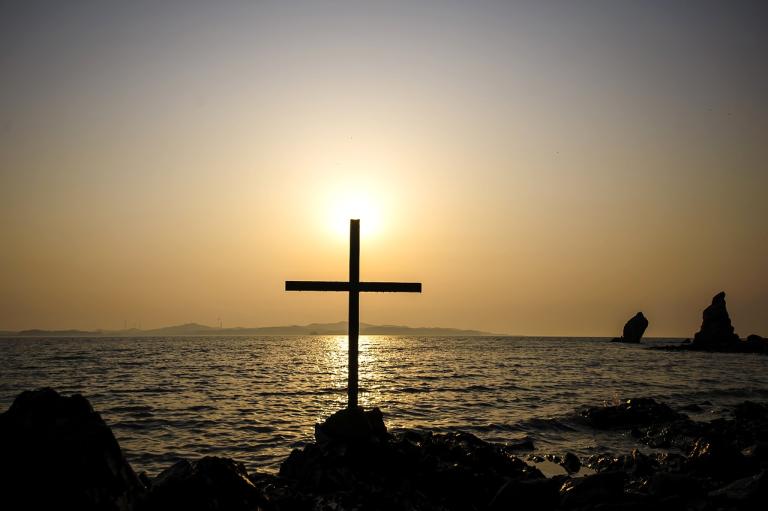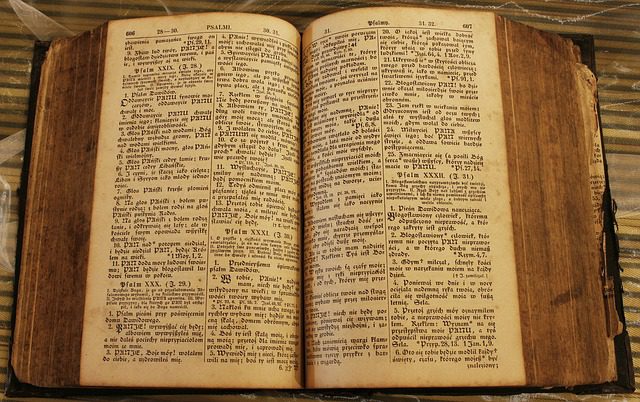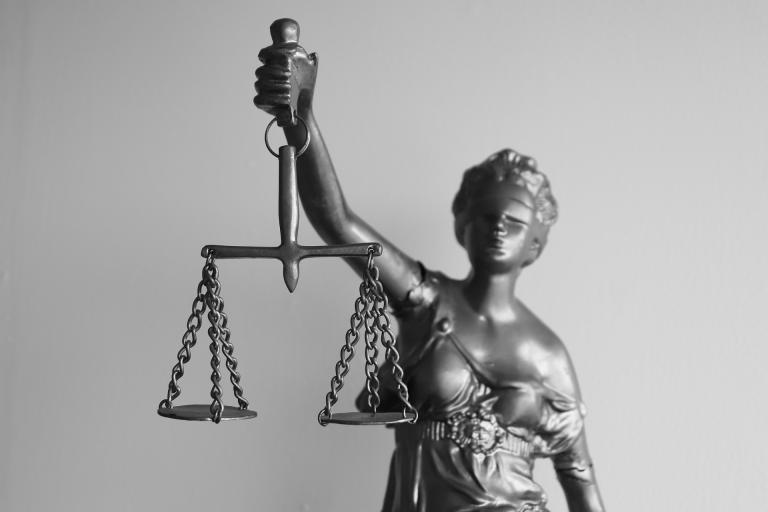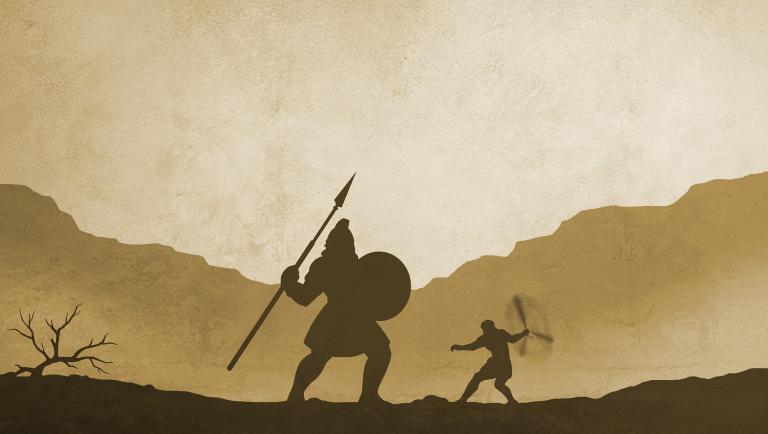I continue my series on Thomas Aquinas’s Five Ways for the existence of God by discussing the fourth way. The fourth way is an argument from the grades of perfection in created things. In this sense, the fourth way is perhaps the most philosophical of Aquinas’s five ways. Because of this, it is often considered the most difficult to comprehend. I will begin by introducing the argument before providing the actual proof as framed by Aquinas. Finally, I will... Read more


